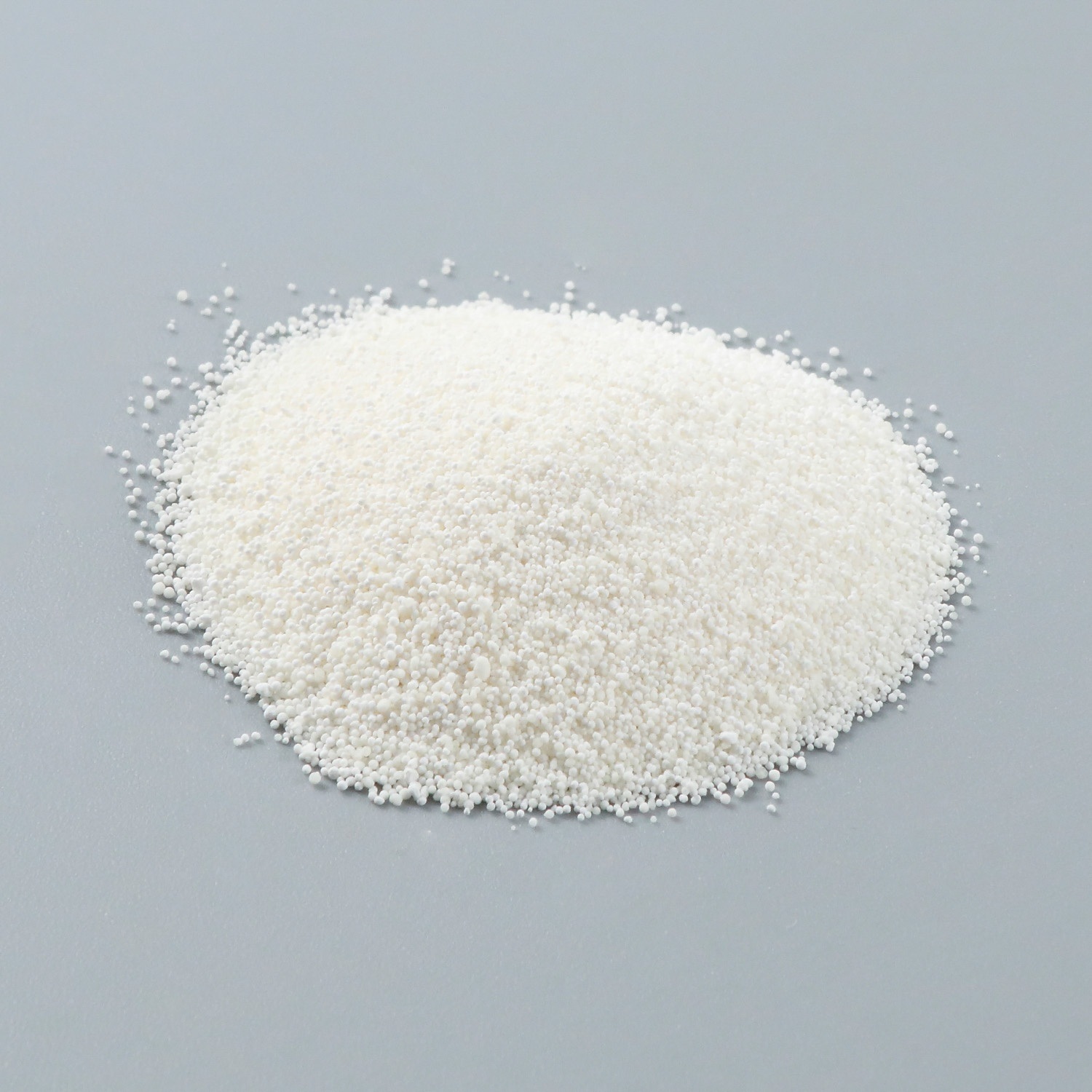Product description
Calcium lactate is a calcium salt of lactic acid, a highly bioavailable and easily absorbed form of calcium. It is commonly used as a dietary supplement to help maintain healthy calcium levels in the body. Calcium is an essential mineral that is vital for bone health, muscle function, nerve transmission, and several other physiological processes.
Importance of Calcium:
Calcium is the most abundant mineral in the body and plays a crucial role in numerous bodily functions. It is primarily stored in the bones and teeth, but it also circulates in the blood, where it helps regulate vital processes. Some of the key roles calcium plays in the body include:
Bone and Teeth Health: Calcium is essential for the formation and maintenance of strong bones and teeth. Around 99% of the body’s calcium is stored in the bones and teeth, where it provides structural support and rigidity. Adequate calcium intake is crucial for bone development during childhood and for maintaining bone density in adulthood.
Muscle Function: Calcium is necessary for muscle contraction. When a nerve signal reaches a muscle, calcium ions are released within the muscle cells, allowing them to contract. Low calcium levels can lead to muscle cramps and weakness.
Nerve Transmission: Calcium plays a vital role in transmitting electrical signals in the nervous system. It is involved in the release of neurotransmitters, which are chemicals that carry messages between nerve cells.
Blood Clotting: Calcium is essential for the blood clotting process. It helps activate certain proteins that are involved in coagulation, preventing excessive bleeding when injury occurs.
Hormonal Regulation: Calcium helps in the release of hormones and enzymes that are involved in various bodily functions, including metabolism and digestion.
Heart Health: Calcium is crucial for maintaining normal heart function. It helps regulate heart rhythm, muscle contraction, and blood vessel function. Adequate calcium levels are important for maintaining proper cardiovascular health.
Calcium Lactate vs. Other Forms of Calcium:
Calcium lactate is a form of calcium that is easier on the digestive system compared to other forms like calcium carbonate or calcium citrate. It is less likely to cause gastrointestinal side effects such as bloating, gas, or constipation. Additionally, calcium lactate is well absorbed, especially when taken with food, making it a popular choice for calcium supplementation.
Benefits of Calcium Lactate Supplementation:
Bone Health and Density:
- Calcium is a critical component in the maintenance of strong bones. Calcium lactate supplementation can help prevent bone loss and improve bone mineral density, reducing the risk of conditions like osteoporosis, which leads to fragile bones and fractures.
- For individuals at risk of bone diseases (e.g., postmenopausal women or the elderly), calcium lactate can provide an additional source of calcium to support healthy bone structure and reduce the risk of fractures.
Prevention of Calcium Deficiency:
- Calcium deficiency can lead to a variety of health issues, including muscle spasms, bone pain, and in severe cases, osteoporosis. Calcium lactate is an effective supplement for preventing or correcting calcium deficiencies, particularly in individuals who have limited dietary intake of calcium-rich foods or have conditions that impair calcium absorption.
Muscle Function and Cramps:
- Adequate calcium levels are essential for proper muscle contraction and relaxation. Supplementing with calcium lactate can help prevent muscle cramps, spasms, and weakness, especially in individuals who experience these symptoms due to low calcium levels or physical exertion.
- Athletes or individuals with high physical activity may benefit from calcium lactate supplementation to prevent muscle-related discomfort.
Cardiovascular Health:
- Calcium plays a key role in regulating blood pressure and maintaining a healthy heart rhythm. Calcium lactate can help prevent hypertension (high blood pressure) and support proper heart function by ensuring calcium levels remain within a healthy range.
- Calcium may also help in preventing vascular calcification, which can contribute to the development of cardiovascular disease.
Support for Nerve Function:
- Calcium is involved in nerve transmission, allowing nerve cells to communicate effectively. A proper balance of calcium ensures efficient signaling between the nervous system and other parts of the body, which is important for cognitive function, reflexes, and overall neurological health.
Improved Blood Clotting:
- Calcium is a necessary element for the coagulation cascade in the blood, making it essential for proper blood clotting. Calcium lactate supplementation ensures that the body has sufficient calcium levels for this critical process, which is important in preventing excessive bleeding after injury.
Hormonal Balance and Regulation:
- Calcium influences the secretion of various hormones and enzymes. For example, calcium affects the release of insulin in the pancreas, playing a role in glucose metabolism. Proper calcium levels are important for maintaining hormonal balance, which can influence overall health.
Better Digestive Health:
- Calcium lactate is more easily tolerated by the digestive system compared to other forms of calcium, such as calcium carbonate, which may cause bloating or constipation. This makes calcium lactate an ideal choice for individuals with sensitive stomachs or digestive issues.
Dental Health:
- Just as calcium supports bone health, it is also crucial for maintaining healthy teeth. Calcium helps strengthen tooth enamel and can reduce the risk of dental cavities. Calcium lactate supplementation may be beneficial for individuals who are at risk of tooth decay due to low calcium levels.
Recommended Dosage:
The recommended daily intake of calcium varies depending on age, sex, and life stage. In general, adults need around 1,000-1,200 mg of calcium per day, with higher amounts needed during pregnancy and breastfeeding. The exact dosage of calcium lactate should be based on individual needs and health conditions. It is typically recommended to take calcium supplements with food to enhance absorption and minimize digestive discomfort.
Sources of Calcium:
While calcium lactate supplements are effective, it’s also important to consume calcium-rich foods to maintain healthy levels of this mineral. Some dietary sources of calcium include:
- Dairy products (e.g., milk, yogurt, cheese)
- Leafy green vegetables (e.g., kale, broccoli, collard greens)
- Fortified plant-based milk (e.g., almond, soy, or oat milk)
- Tofu and tempeh
- Fish with edible bones (e.g., sardines, salmon)
- Fortified cereals
- Almonds and seeds (e.g., sesame seeds)
Side Effects and Precautions:
Calcium lactate is generally well-tolerated, but excessive intake of calcium can cause side effects, such as:
- Constipation
- Stomach discomfort
- Kidney stones (in rare cases, especially when taken in excess)
It’s important not to exceed the recommended daily intake of calcium and to consult a healthcare provider before starting supplementation, particularly for individuals with kidney disease or other underlying health conditions that may affect calcium metabolism.


